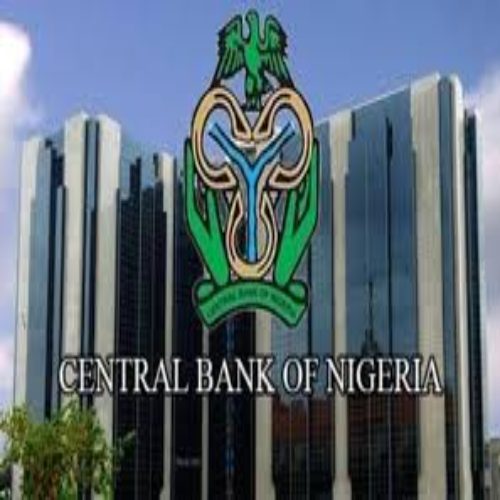
The Central Bank of Nigeria (CBN) has been called upon to provide a detailed report on how it has utilized the $3.35 billion Special Drawing Rights (SDR) allocated to Nigeria by the International Monetary Fund (IMF). This allocation was intended to assist in alleviating the economic hardships faced by over 130 million Nigerians living in poverty.
In a recent statement, Comrade Leo Atakpu, Acting Executive Director of the African Network for Environment and Economic Justice (ANEEJ), emphasized the importance of transparency in how the SDR funds have been utilized. He urged the CBN to disclose specifics about the distribution and application of these funds. Atakpu also stressed the need for the Nigerian legislature to uphold its constitutional duty by closely monitoring the actions of the CBN and other agencies tasked with managing national debt. The legislature should expedite the process of channeling these SDRs through the African Development Bank to support vital sectors such as education, healthcare, and infrastructure.
Atakpu also raised concerns about the lack of transparency in the CBN’s handling of the SDR funds, calling for greater oversight from both the government and international bodies. He pointed out that the IMF and other developed nations should reassess the allocation of SDRs based on the needs of countries, rather than using a GDP-based approach, which often leaves developing nations with insufficient resources to address critical issues like poverty and public health.
The IMF’s decision in August 2021 to issue a general SDR allocation of $650 billion was a response to the global economic disruptions caused by the COVID-19 pandemic. Of this amount, African nations received about $33.8 billion, with Nigeria’s share amounting to $3.35 billion. These funds are meant to serve as reserve assets controlled by each country’s monetary authority, helping to stabilize national economies.
Atakpu also noted that, in August 2023, ANEEJ, in collaboration with the African Centre for Energy Policy (ACEP), initiated two research studies to evaluate how SDRs were being utilized in Nigeria and Ghana. The findings revealed that while there are no specific guidelines on how SDRs should be used, many countries, particularly those with lesser economic needs, received larger allocations, thereby leaving nations with greater development challenges underfunded. Furthermore, the research uncovered a significant lack of awareness about SDRs among Nigerian stakeholders, including government officials, lawmakers, and media personnel. Legislative oversight in this area was also found to be severely lacking.
To address these gaps, ANEEJ organized a two-day international hybrid conference in November 2023, which brought together various stakeholders from government, civil society, and the media. The conference was aimed at raising awareness and advocating for greater transparency in the management of SDR funds. Additionally, ANEEJ held a capacity-building workshop for civil society leaders and media representatives to educate them about SDRs and promote advocacy for more accountable utilization of these funds.
Over the past nine months, ANEEJ has engaged in high-level discussions with the IMF, Nigerian government officials, and members of the National Assembly to push for more transparency and inclusivity in the use of SDRs. At the recently concluded African Development Bank Annual Meetings in Nairobi, Kenya, ANEEJ continued its efforts to advocate for the reform of the SDR system and the broader global financial architecture to better support developing nations in overcoming their economic challenges.


